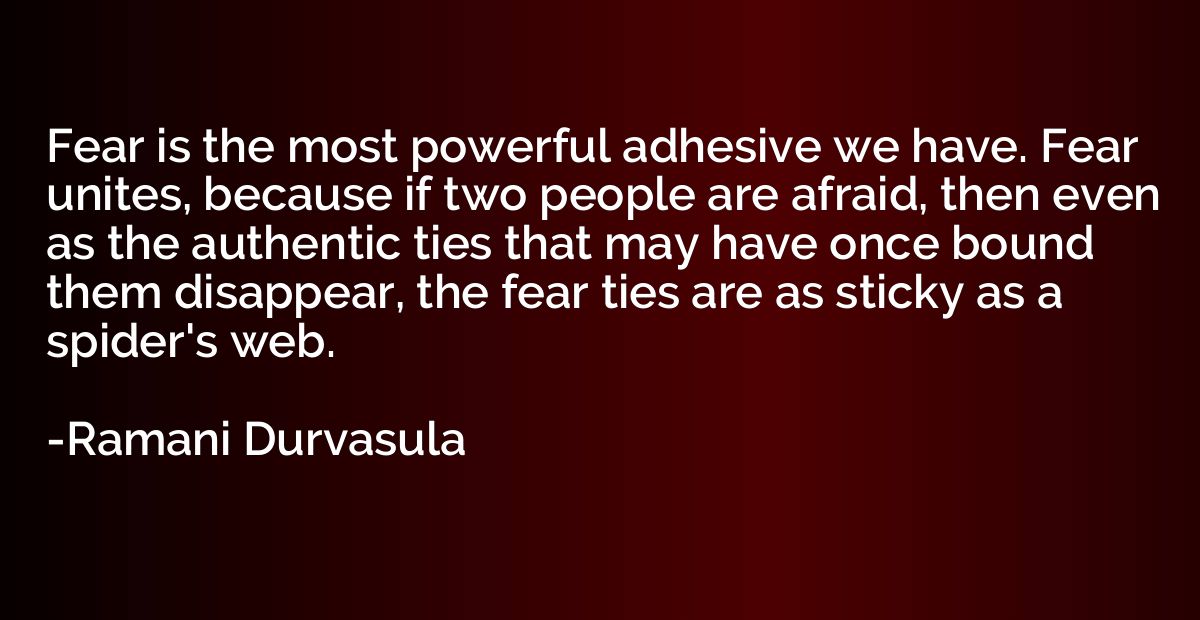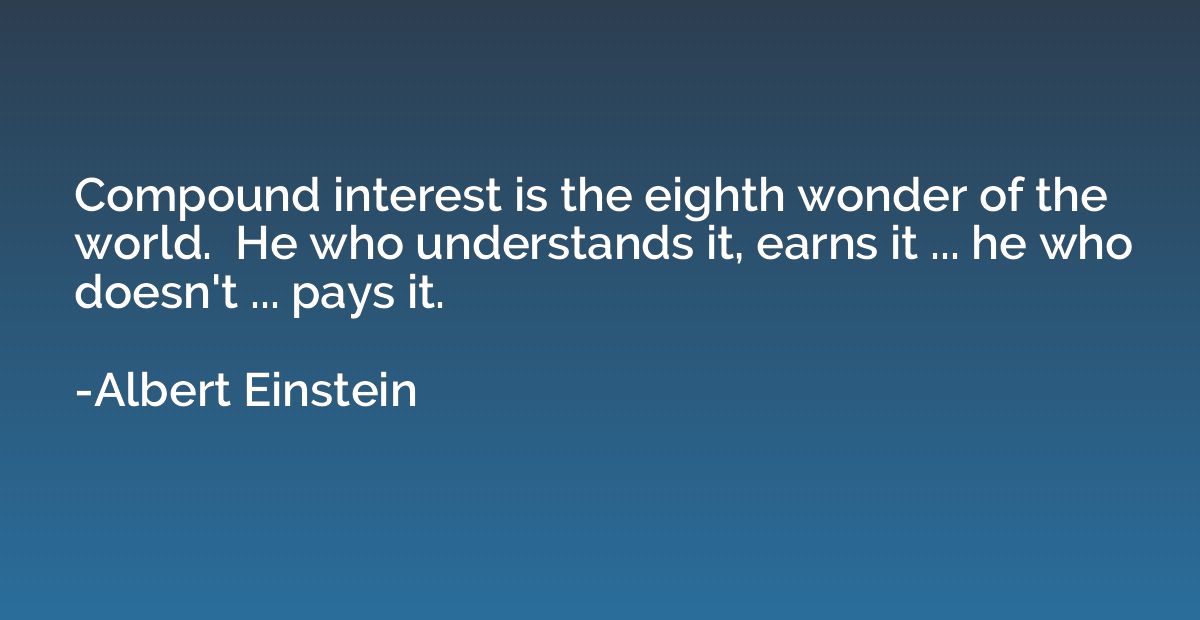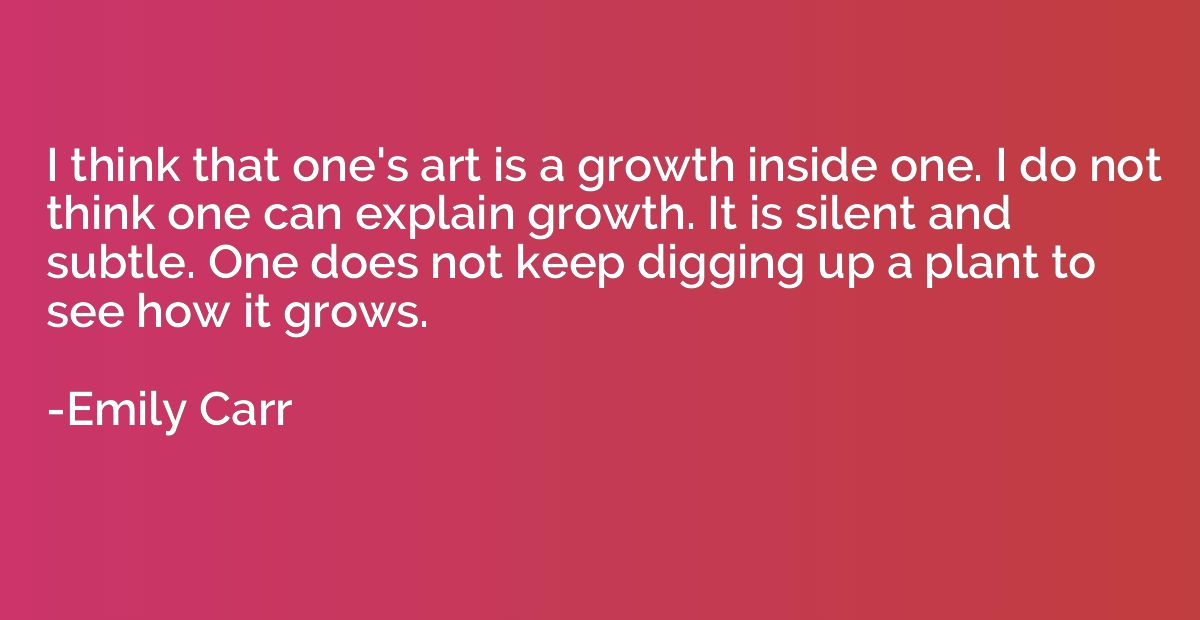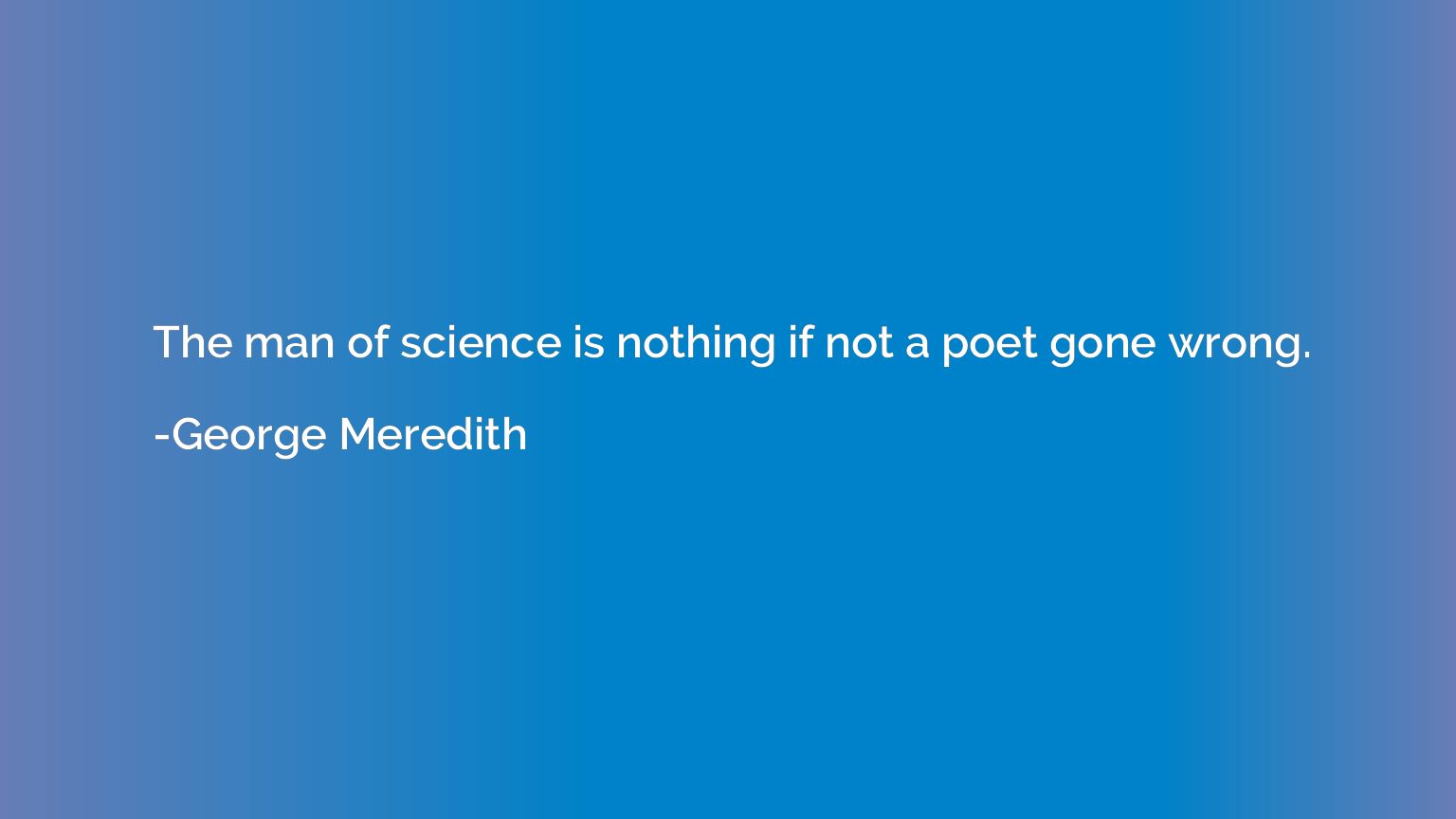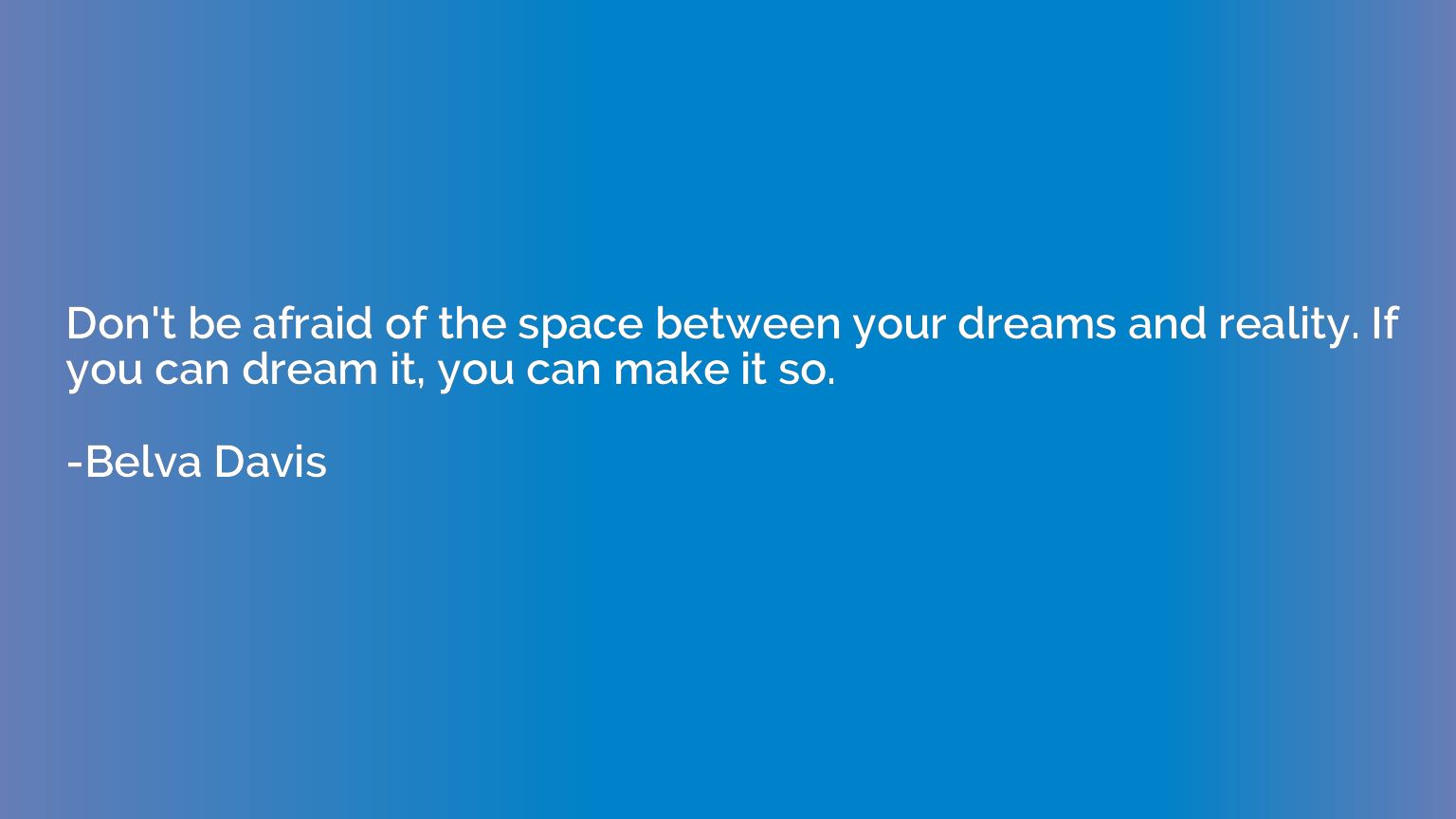Quote by William Howard Taft
Next to the right of liberty, the right of property is the most important individual right guaranteed by the Constitution and the one which, united with that of personal liberty, has contributed more to the growth of civilization than any other institution established by the human race.
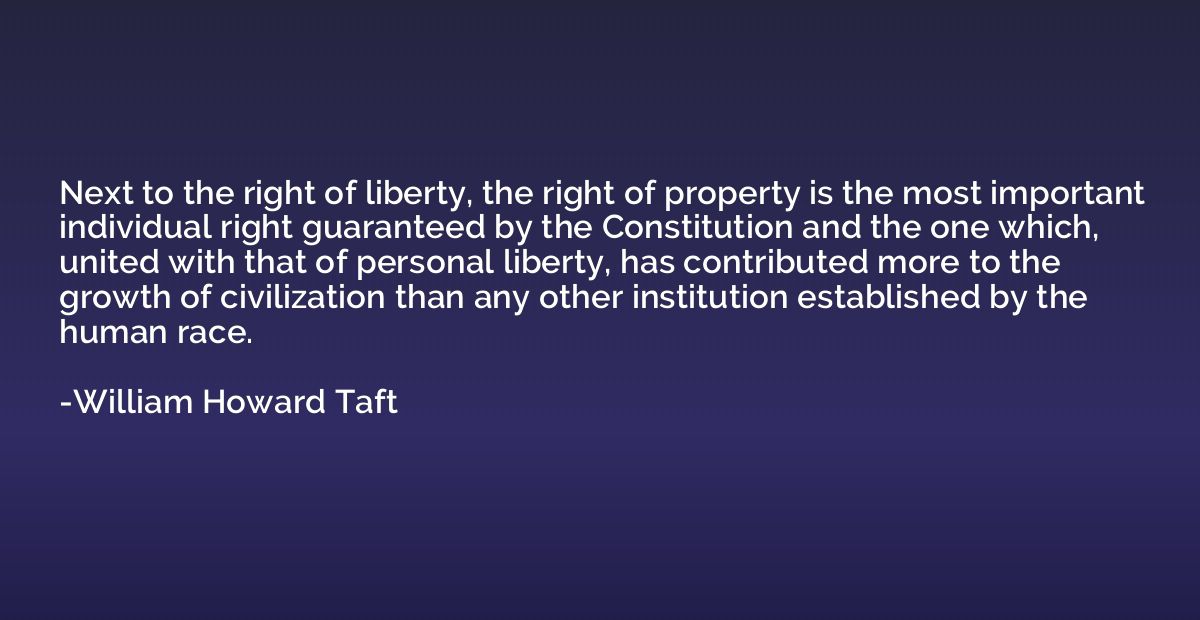
Summary
This quote emphasizes the significance of the right to property as one of the key individual rights protected by the Constitution, second only to the right of liberty. It states that the combination of the right to property and personal liberty has played a crucial role in advancing civilization and societal development, surpassing any other institution created by humans. The quote highlights the intrinsic value of property rights and their contribution to the progress of human societies over time.







